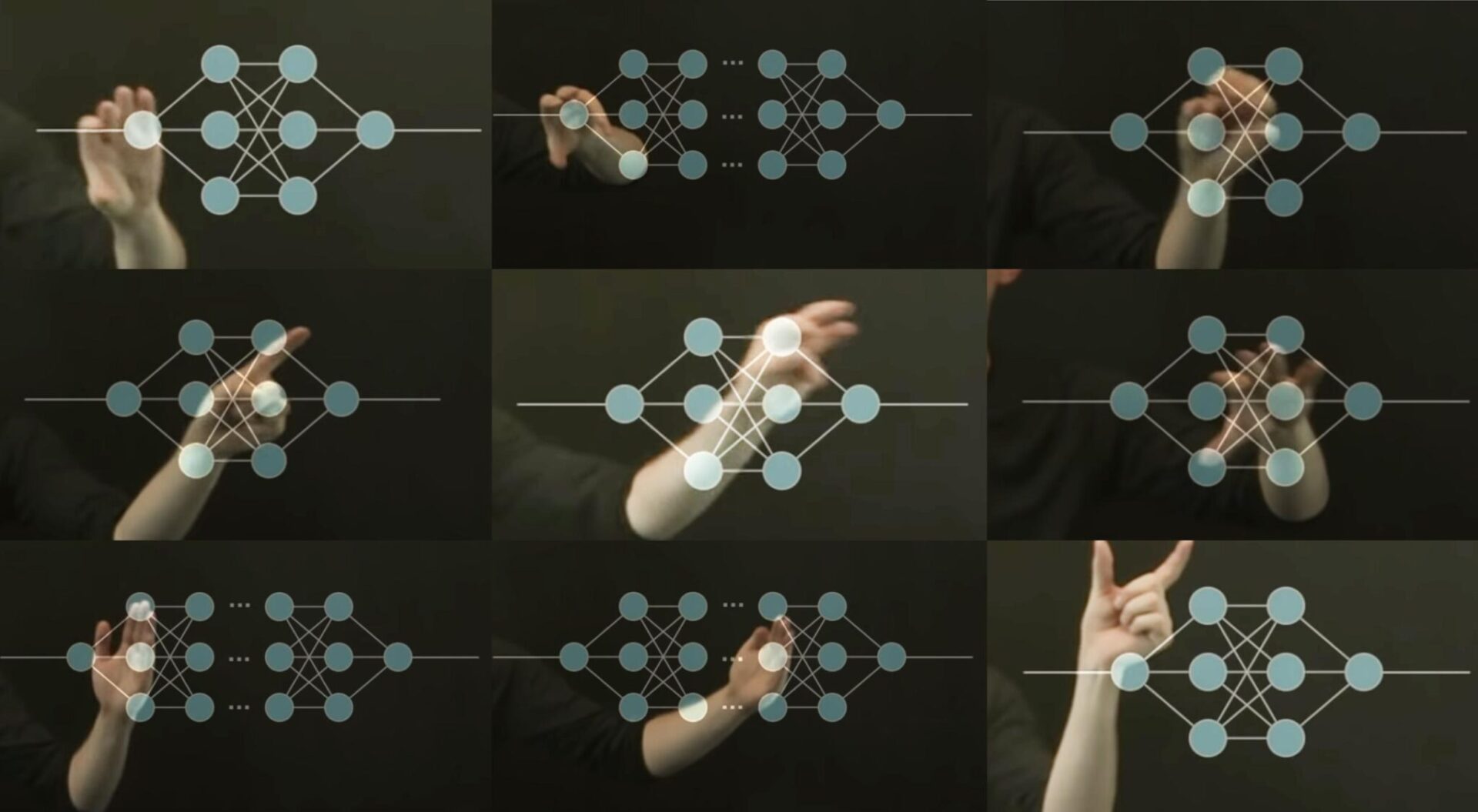Please note that your attention to the following information on this site before applying to the summer school is important.
About the event
Embodied AI will explore the intersection of artificial intelligence, robotics, neuroscience, and cognitive science. As we witness rapid advancements in technology, it is crucial to understand how AI systems can interact with and learn from their environment. Throughout this summer school, we will delve deep into the principles, applications, and future prospects of embodied AI.
During the summer school, you will have the opportunity to engage with experts during lectures, and discussions. You will also gain insights into the latest research through hand-on learning via exercises and labs. We will also discuss interdisciplinary perspectives as the topic of Embodied AI draws from many perspectives.
The Thematic Summer School on Embodied AI 2024 will be held in Örebro, Sweden, on campus at Örebro University, and leverage upon the facilities including our Robotics Lab and Visual Lab.
Registration is closed.
Target Audience
The summer school is targeting WASP Graduate School and PhD students from Örebro University.
Program
Please note, times are preliminary and may change.
June 24
11.30 Lunch
13.00 Welcome
13.30 Theory of Embodiment
June 25
8.30 Language Grounding
10.00 Coffee and Lab Time
12.00 Lunch
13.00 Multimodality
15.00 Coffee and Lab Time
June 26
9:00 Lab Time
10:00 Coffee and Lab Time
12:00 Lunch
13:00 Human-Robot Interaction
June 27
9:00 Keynote
10:00 Coffee and Discussions
12:00 Lunch
13:00 Lab and Demos
Keynote Speakers
Bio
Tom Ziemke is a professor of cognitive systems at Linköping University and head of the Cognition & Interaction Lab which is part of the Division for Human-Centered Systems (HCS) in the Department of Computer and Information Science. His research interests are in situated and embodied cognition, with a focus on how people interact with autonomous systems, such as social robots and automated vehicles.
About his talk
Embodied cognition suggests that our understanding of the world and our ability to interact with it are not solely dependent on abstract mental representations but are also shaped by our bodily experience and engagement with the environment. By considering the body as an integral part of cognition, this perspective challenges traditional views that cognition is solely a function of the brain. Embodiment theory extends this notion by emphasizing how our bodily experiences, sensations, and movements actively contribute to our cognitive processes. From the way we perceive and interpret sensory information to the manner in which we navigate and interact with our surroundings, embodiment theory posits that our bodies play a central role in shaping our thoughts, emotions, and behaviors.
Throughout this talk, we will delve deeper into the implications of embodiment theory across various domains, including psychology, neuroscience, and artificial intelligence, exploring how understanding the embodied nature of cognition can offer new insights into human perception, action, and interaction.
Bio
Katerina Pastra is a Senior Researcher at the Institute for Language and Speech Processing (ILSP), Athena Research Center. She founded and directed the Cognitive Systems Research Institute (CSRI), a highly interdisciplinary research organization focusing on multimodal cognition, embodied language processing and multisensory perception. She is the recipient of a distinguishing John Latsis Foundation Award for research in Cross-media Semantics in Newspaper Caricatures, a Google Award for AAAI-event organization on vision-language Integration technologies and a Best Paper Award by the British Computer Society on applied multimodal technology for Crime Scene Investigation.
About her talk
Language grounding describes the process in which abstract linguistic symbols, such as words are connected or “grounded” in perceptual experiences and sensorimotor interactions with the world. Grounding helps us understand the meaning of words and sentences by relating them to our physical experiences, actions, and observations.
This talk will focus on language grounding and the role of language in general and also some particular topics. Those include embodied cognition, which lies at the heart of language grounding, emphasizing the link between our behavior and reason. Our gestures, movements, and physical experiences are not mere accompaniments to language; they are integral components of how we think and communicate. By embodying language, we not only convey meaning but also embody understanding, as our gestures and actions mirror the concepts we express. We will also discuss multimodality, which delves into the multisensory nature of communication, acknowledging that language is not solely auditory but also visual, tactile, and even olfactory. Through this multimodal lens, we uncover the link between language and perception, looking at how our senses shape and are shaped by the words we use.
Content, Requirement and Credits
During the summer school, students explore Embodied AI, focusing on integrating AI with physical systems. Engage in lectures, workshops, and hands-on projects.
After passing this summer school, the student will be able to:
- Explain fundamental paradigms in embodied AI and distinguish them from traditional approaches in artificial intelligence.
- Analyze various aspects of evaluating embodied AI systems, including their interaction with the environment and adaptability to different contexts.
- Critically discuss the implications of embodied AI on societal factors such as human-machine interaction, ethics, and privacy.
- Identify legal considerations and frameworks relevant to the development and deployment of embodied AI technologies.
- Design, train, and optimize embodied AI models tailored to specific applications in robotics, virtual agents, or other embodied systems.
Active participation on site in Örebro is required to receive credit.
After completing the summer school, and the hands-on work during the summer school, students will receive 1.5 ECTS credits.
Note that these credits do not count towards the 27 credits you are expected to complete in the WASP Graduate School.



